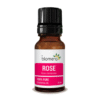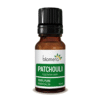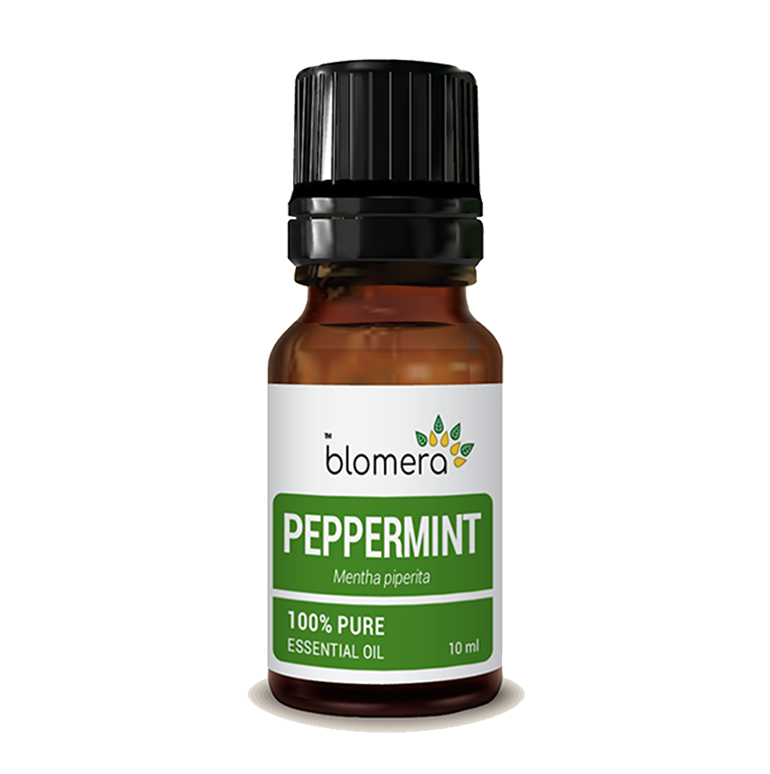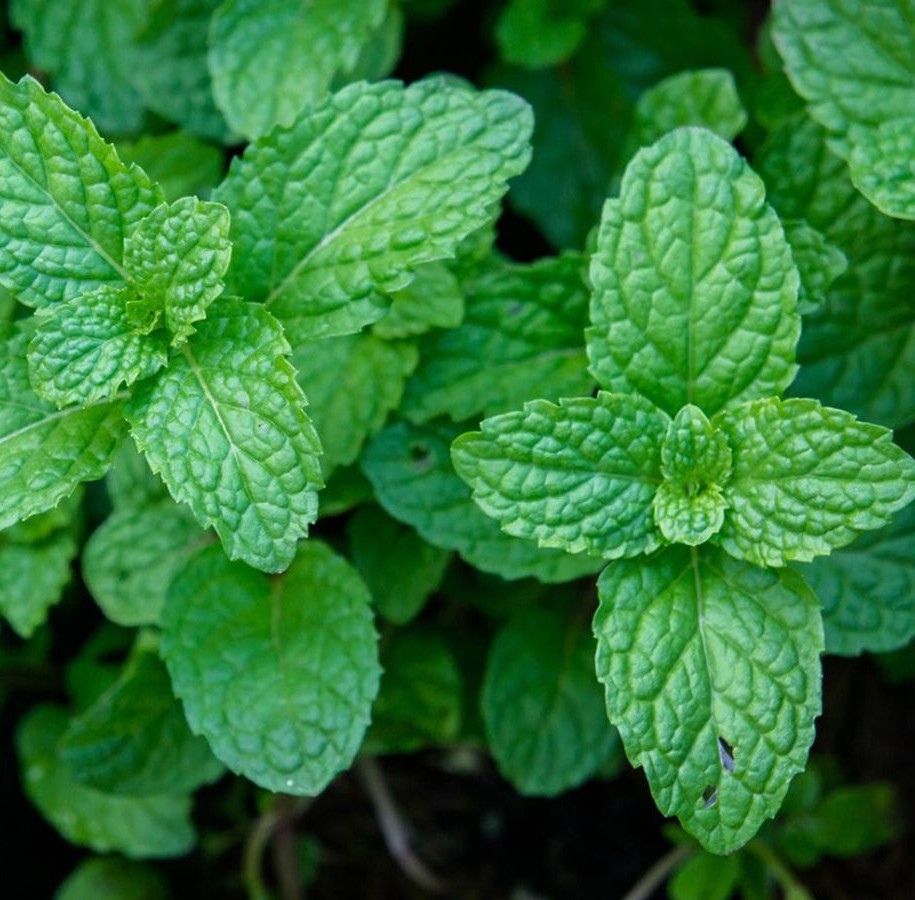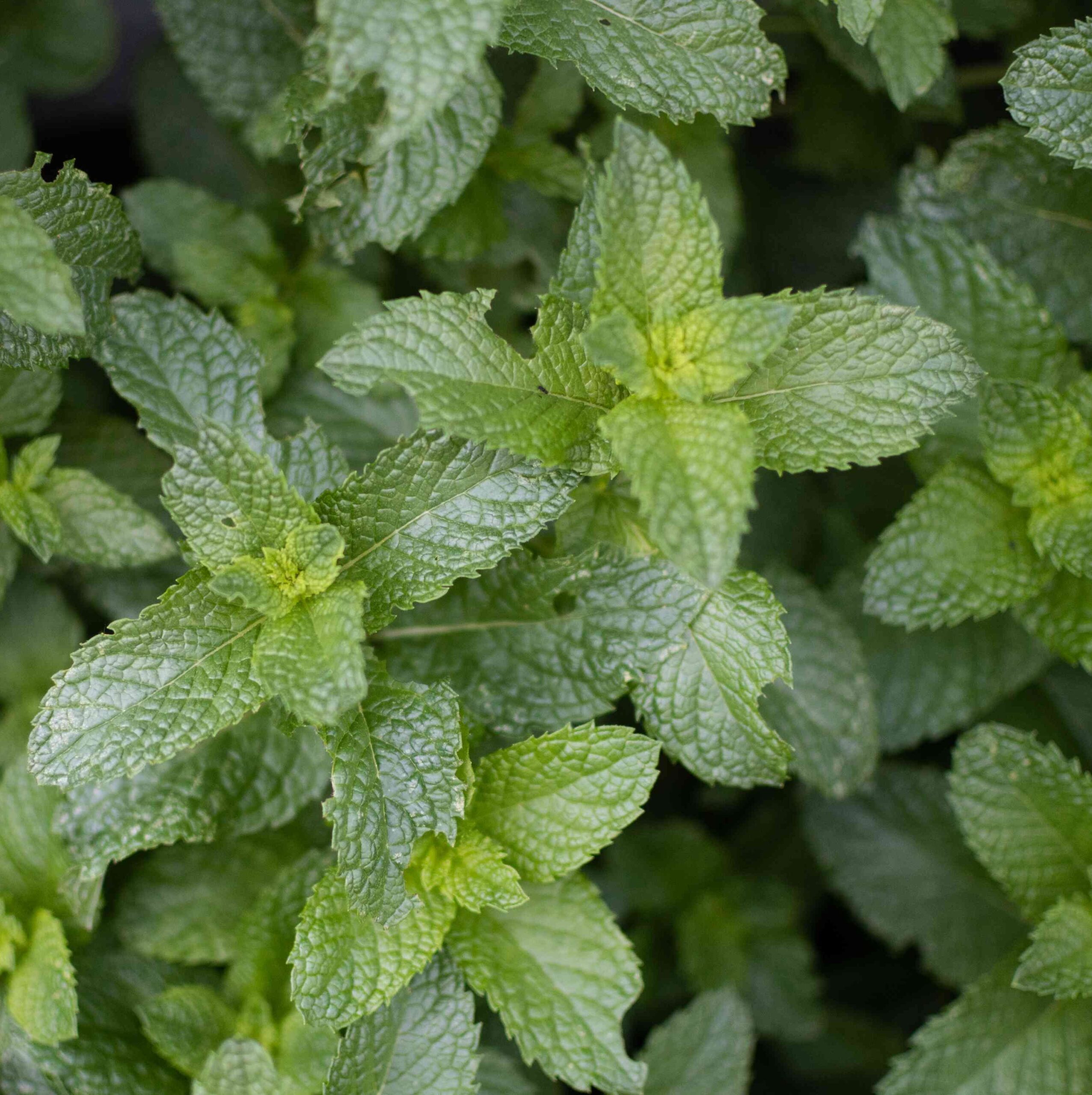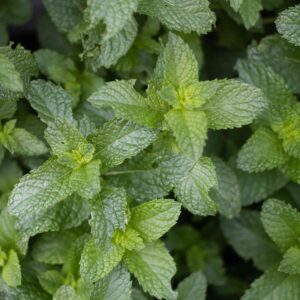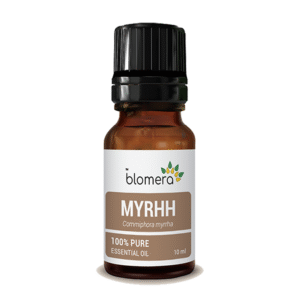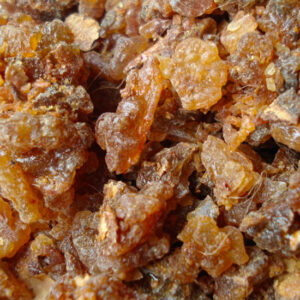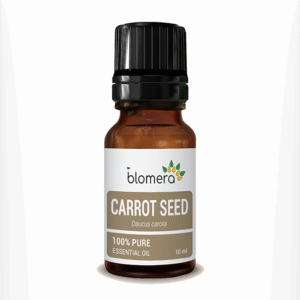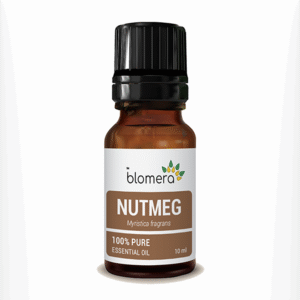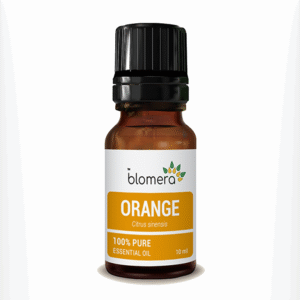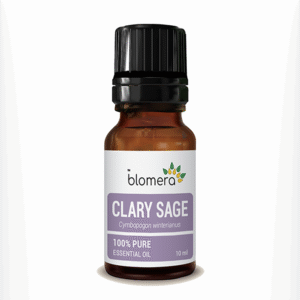-
×
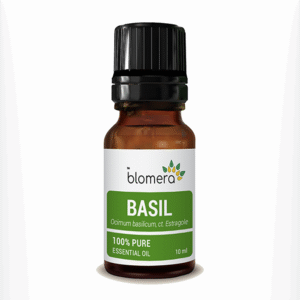 Basil Essential Oil - 30 ml
₦7,500.00
Basil Essential Oil - 30 ml
₦7,500.00 -
×
 Lavender Essential Oil - 30 ml
₦9,000.00
Lavender Essential Oil - 30 ml
₦9,000.00 -
×
 Patchouli Essential Oil - 30 ml
₦13,500.00
Patchouli Essential Oil - 30 ml
₦13,500.00
Peppermint Essential Oil
₦2,800.00 – ₦13,500.00Price range: ₦2,800.00 through ₦13,500.00
A crisp, minty oil ideal for clarity and refreshing scents.
SKU: BEO-041
Categories: Essential Oils, Single Essential Oils
Peppermint Essential Oil features a cool, minty aroma perfect for refreshment, clarity, and energizing diffuser blends.
| Size | 10 ml, 30 ml, 50 ml, 100 ml, 250 ml, 500 ml, 1 kg |
|---|
Related products
Essential Oils
₦5,500.00 – ₦27,000.00Price range: ₦5,500.00 through ₦27,000.00
Essential Oils
₦2,800.00 – ₦13,500.00Price range: ₦2,800.00 through ₦13,500.00
Essential Oils
₦5,500.00 – ₦27,000.00Price range: ₦5,500.00 through ₦27,000.00
Essential Oils
₦3,000.00 – ₦14,500.00Price range: ₦3,000.00 through ₦14,500.00
Essential Oils
₦3,000.00 – ₦14,500.00Price range: ₦3,000.00 through ₦14,500.00
Essential Oils
₦2,800.00 – ₦13,500.00Price range: ₦2,800.00 through ₦13,500.00
Essential Oils
₦3,000.00 – ₦12,500.00Price range: ₦3,000.00 through ₦12,500.00
Essential Oils
₦6,500.00 – ₦32,000.00Price range: ₦6,500.00 through ₦32,000.00


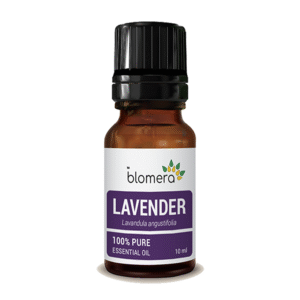 Lavender Essential Oil - 30 ml
Lavender Essential Oil - 30 ml 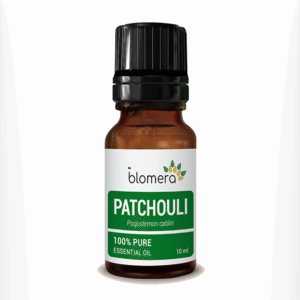 Patchouli Essential Oil - 30 ml
Patchouli Essential Oil - 30 ml 